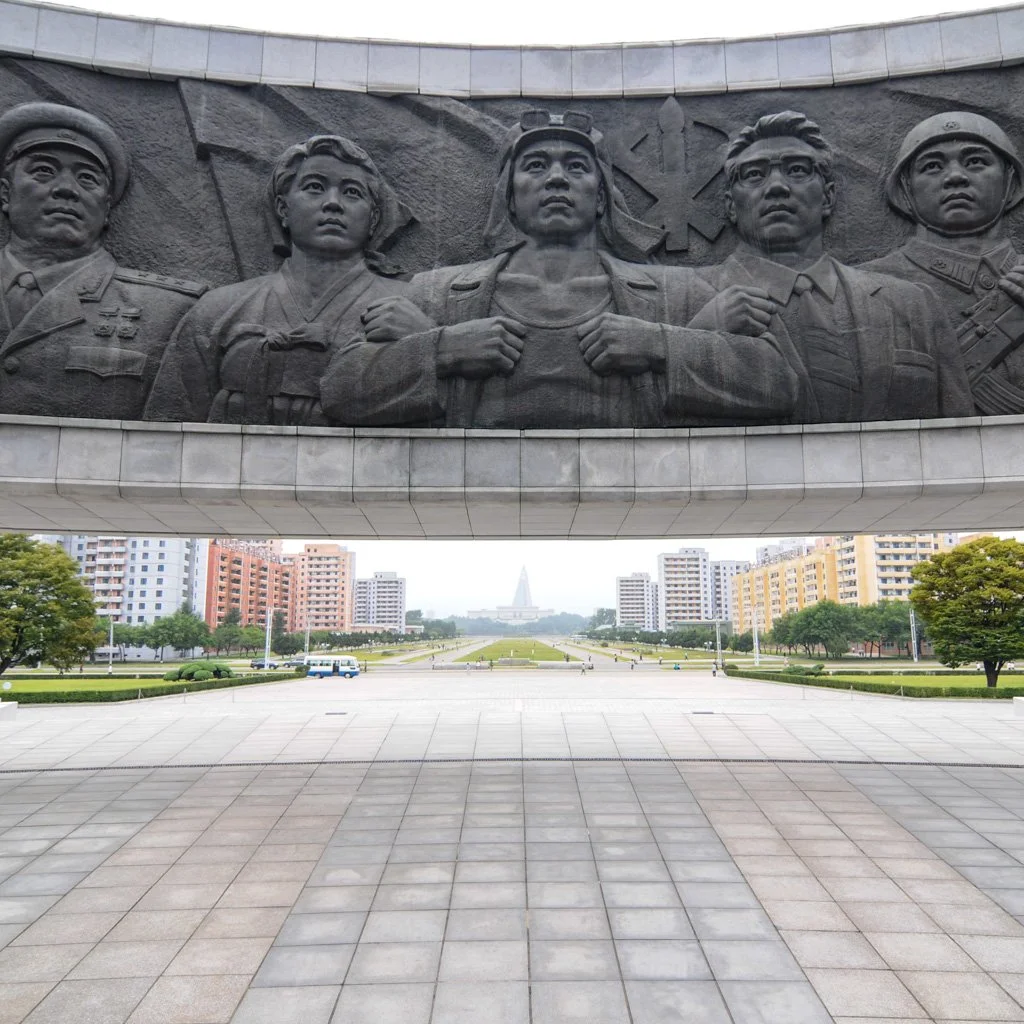North Korea’s top three newspapers - Rodong Shinmun (Worker’s Newspaper), Joson Inmingun (Korean People’s Army) and Chongnyon Jonwi (Youth Vanguard), published this year’s Joint New Year Editorial on, well, New Year’s Day. Equally unsurprising was the dominant theme of the editorial, which was titled: "Glorify This Year 2012 as a Year of Proud Victory, a Year When an Era of Prosperity is Unfolding, True to the Instructions of the Great General Kim Jong Il."
Catchy titles aside, linking the government’s policies and campaigns for 2012 to the plans laid out by Kim Jong Il is kind of a no-brainer. It emphasizes that the ideas of Kim Jong Il are the inheritance of the new government. With less than a fortnight between the announcement of Kim’s death and the New Year, the editorial was understandably less specific than many in previous years, in terms of setting out goals and strategies. No doubt, the editorial that had been carefully prepared weeks in advance was scrapped and a new one hurriedly crafted after Kim’s passing.
It’s main role then, was to emphasize the statements made and signals sent since the 19th of December - that things would not be changing, that everyone agrees on the successor, that it is business as usual in North Korea.
The first quarter of the article serves entirely to laud Kim Jong Il’s achievements, before it swiftly transitions to the issue of succession and Kim Jong Un’s leadership. “The dear respected Kim Jong Un,” it states, “is precisely the great Kim Jong Il.”
The immediate need for those in change of managing the succession is for the DPRK’s citizens and for international actors to perceive ideological and administrative congruence with what has come before.
As such, the editorial references light industry and quality of life far less than last year. (a good summary is here)
Those themes had begun in earnest two years ago and can be see as part of the initial attempts to wean the DPRK off Songun (military-first) and onto a program more focused on economic progress. This year, such statements are still present:
“The flames of Hamnam for great innovation should flare up more fiercely in the sectors of light industry and agriculture, the leading sectors for the building of a thriving country.”
However, for the sake of continuity, the greater emphasis was on phrases like: “the Korean People’s Army is the pillar and main force of the Songun revolution and the vanguard in the building of a thriving nation.”
At the same time, there remain hints that Songun is not going to be the long term focus of the new government and that the ‘weaning off’ is going to continue in the near future. The terms “Juche” and “Songun” were used in equal measure (though to be fair, one of the “Juches” was in the date). We will probably hear more and more about Juche and slightly less about Songun in the coming year.
Another hint of the balance between the military and Party lies in this statement:
“True to the intention of our Party, which set this year for the KPA as a year for the people, it should make devoted efforts to bring their happiness into full bloom, thus implementing with credit Kim Jong Il's idea of army-people unity.”
So the military’s legitimacy is exogenous: it comes, ultimately, from the party.
A quick caveat – this isn’t by any means attempting to claim that militarism in North Korea is going to be abandoned. It is and will remain one of the most militarized societies in history. Even in the North Korean context, however, the balance between the military and other influential organizations is important. As much as maintaining continuity with the balance Kim Jong Il struck –military first - is important for the new leadership, there are many who want to nudge the balance back towards what it was under Kim Il Sung. We shall have to wait and see the degree to which this takes place in the next year or two.
On another note, the exhortation that “sports should be encouraged further by enhancing social interest in physical culture and sports and making them part of people's every day life and habit” is good news for those of us who would like to see ultimate frisbee develop in the DPRK.



